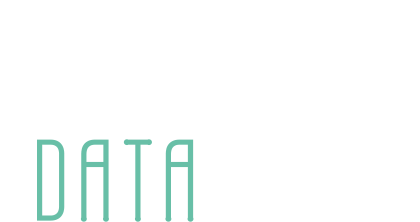WELCOME TO SOCIAL NETWORKS: SHOW YOUR ID!
In order to fight against crimes committed on social networks, a bill aims to create a "Digital Identity Control Authority" responsible for assigning Internet users a digital identifier that is essential for finalising or confirming registration on a social network.
Social networks are a space of freedom and a place for exchange. Unfortunately, for several years now, some people have been taking advantage of it to publish threatening, hateful and violent content online. This encourages various forms of harassment with sometimes tragic consequences: cyber-bullying, cyber-sexism and cyber-violence. Faced with this situation, Senator Alain Cadec tabled a bill on 14 October 2021 to check digital identity at the entrance to platforms.
For the elected representative of Côtes-d'Armor, this text would aim "to facilitate the identification of offenders, and thus contribute to putting an end to the real feeling of impunity of the authors of hateful, racist, homophobic or sexist messages. Sending a scan of their identity document should make them aware that they can be identified quickly".
To this end, the bill intends to amend Article 6 of Law No. 2004-575 of 21 June 2004 on confidence in the digital economy (LCEN) to specify that social networks may only register users after verifying the identity of the applicant. However, this verification will not be the responsibility of the platforms but of a new "Digital Identity Control Authority" and will not only apply to new users: the verification of existing accounts will have to be carried out within 12 months after the publication of a decree.
Between dream and reality, the idea raised by Alain Cadec is not without interest, although many proposals have been tried, in vain, in the past. Even recently, the Secretary of State for the Digital Economy, Cédric O, retorted to the idea in the context of the debates on the fight against online hate because "most of the time, people don't identify themselves and, in any case, it is always possible to find them! Therefore, the question is not whether to make this identification compulsory: not only will it not work, but we would have to spend hours fighting with the National Commission for Information Technology and Civil Liberties [CNIL]. However, the major difference of this bill is to create an independent administrative authority to prevent social networks, such as Facebook or Twitter, from collecting French people's identity documents, which could go through the filter and control of the CNIL.
It is not a question of imposing real identity on social networks, but only of being able to quickly verify the identity of an account under a pseudonym if it commits an offence in order to respond to "requests from the courts for the purposes of research, the establishment and prosecution of criminal offences". To be continued!
THE DATA RING TEAM
